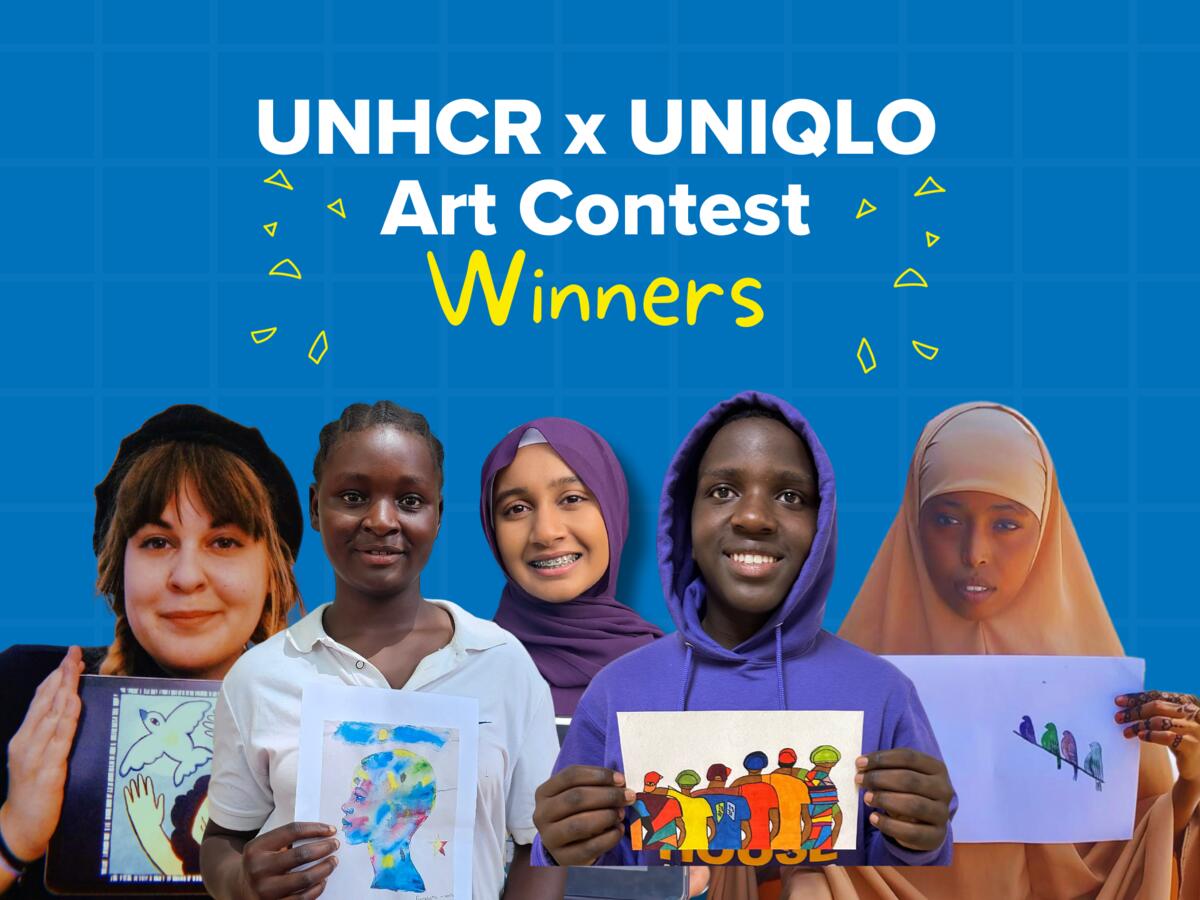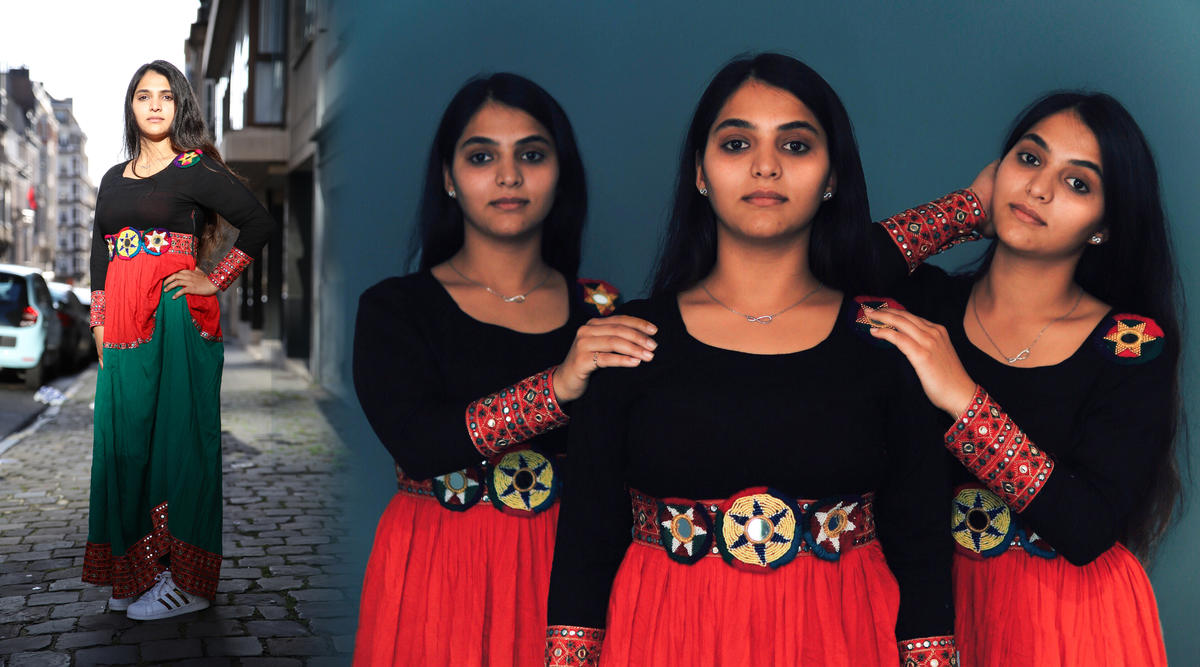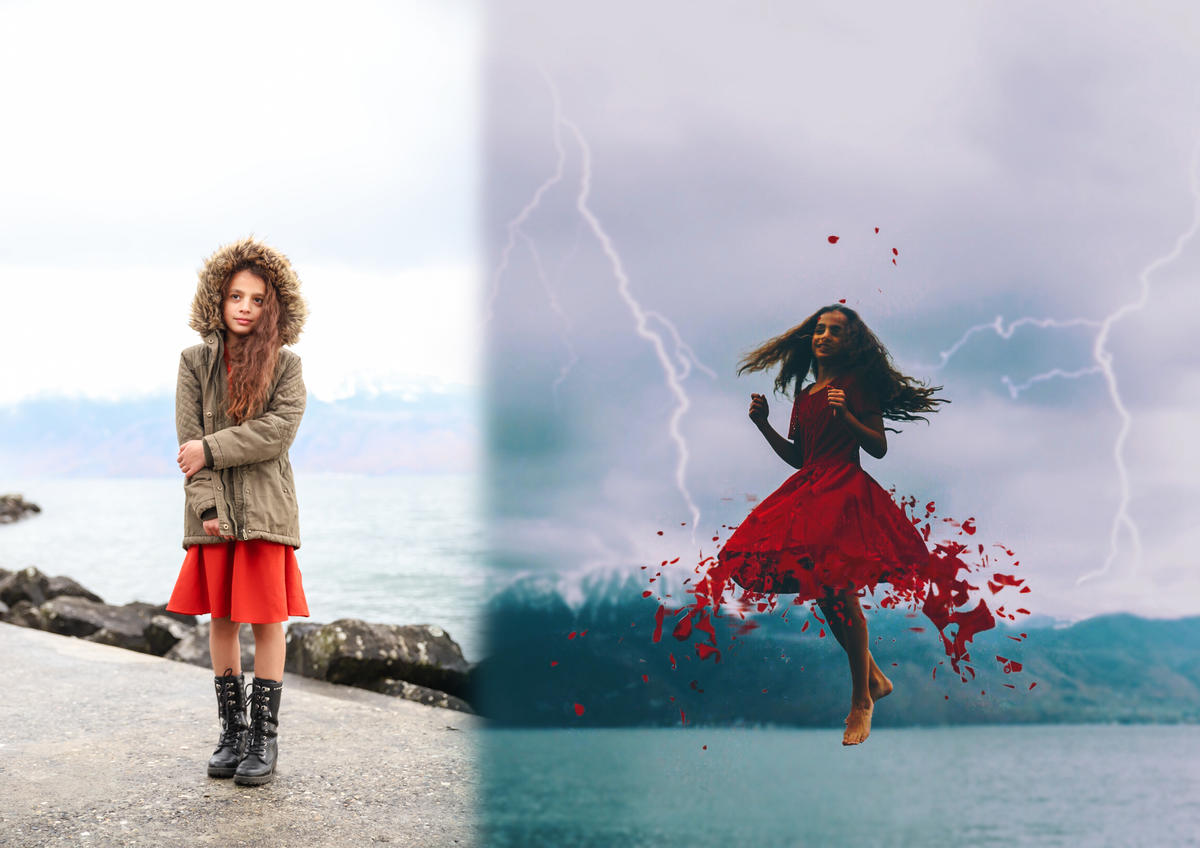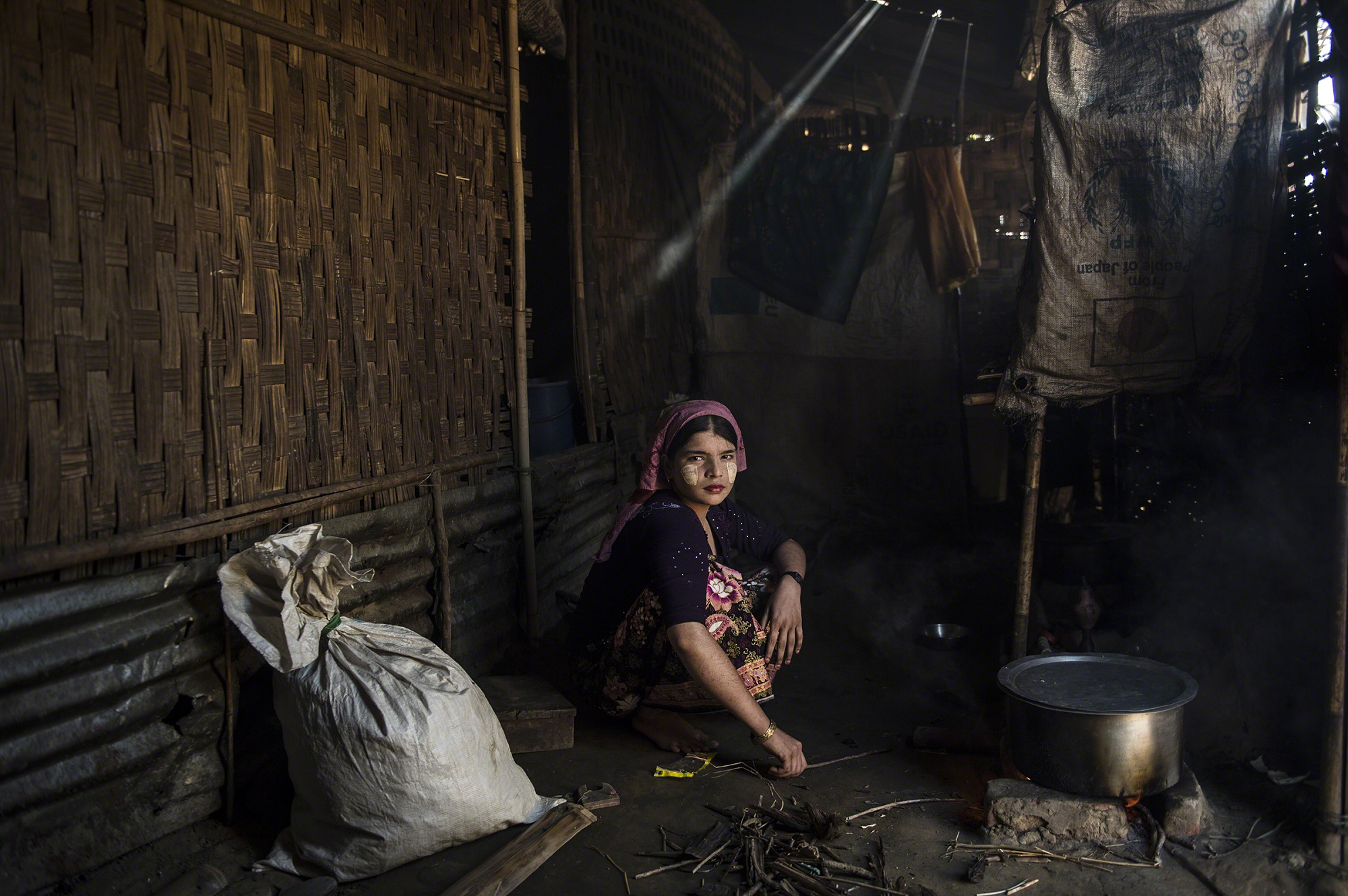UNHCR presents first award at Czech Press Photo contest
UNHCR presents first award at Czech Press Photo contest
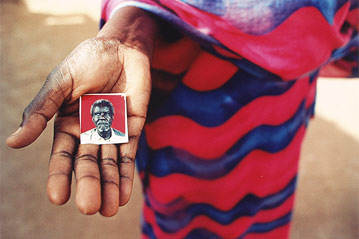
PRAGUE, Czech Republic, Nov 17 (UNHCR) - The old woman reaches out her hand - not begging for food, but baring a small photograph in her weary palm. She asks for the millionth time if anyone has seen her husband.
This simple but powerful image, captured by Czech photographer Jiri Benak and titled "Woman Seeking Her Husband", has become the first winner under the "UNHCR Award" category of the Czech Press Photo contest, a national version of the renowned World Press Photo contest.
Benak received the UNHCR Award on Tuesday, at the opening ceremony of the 10th Czech Press Photo exhibition, which was attended by Czech President Vaclav Klaus, Prague Mayor Pavel Bem, and UNHCR Representative in the Czech Republic, Herman Stuurwold.
While the Czech Press Photo contest is open to all photographers permanently living in the Czech or Slovak Republic, the UNHCR Award is granted for "a photograph or a series of photographs from the Czech Republic or from abroad which best captures refugee-related issues." The new category attracted dozens of entries from major Czech media.
Presenting the prize to Benak at the Prague event, UNHCR's Stuurwold said, "Clearly, there have been many entries of photographs of a very high quality highlighting refugee issues in the Czech Republic and abroad. With the Czech Press Photo being a highly prestigious event held annually in Prague under the auspices of the President of the Czech Republic, the UNHCR award will hopefully contribute towards raising awareness of the problems these unfortunate people are facing."
Benak does not really consider himself a professional photographer. He says his interest in travelling and discovering places and cultures remote to Central European perspectives comes first, while photos are just a by-product.
"China, India, Nepal ... that's where I started my travels years ago," he says. "I have always thought that the best way to come to know a country is to look at how the state treats its most needy ones. That's why many of my pictures come from various facilities for those who have some kind of disadvantage, be they children, the elderly ... "
With this approach, it is not surprising that during his travels around Sudan early this year, Benak soon arrived at some camps for Eritrean refugees and for internally displaced Sudanese uprooted by 21 years of civil war.
"Since the camps are run by the government, we had to apply at the Ministry for Information for an entry permit as well as a permit to photograph," he explains. "I was surprised that everything went rather fast and smoothly and the authorities were very forthcoming. However, the fact that I had all kinds of press cards and support letters from various institutions, including National Geographic, may have helped too."
For two months, the photographer travelled through Sudan, visiting camps from Showak in the east to Juba in the south. In Khartoum, he ran into a compatriot who introduced him to several humanitarian organisations assisting internally displaced persons, including Sudanese widows of the civil war.
"The winning picture, unfortunately, tells only half of the story," says Benak. "The remaining part to be said is that the woman in the picture has sought her lost husband for many years. Her hopes of finding him alive are fading."
Recalling his experience in the camps, he says, "It was scary to see the youngsters who were born in the camps and have spent their whole life there. All the elderly people hope for reintegration, they dream of going back to their homes but in the case of these kids, you wonder what is their home and what 'reintegration' may actually mean to someone who has known nothing but a camp."
But there were more optimistic moments too: "That's when you admire even more how the people, who went through such a terrible experience, can still enjoy their everyday little joys, how they find their own ways to forget and look towards the future," marvels Benak.
By Marta Miklusakova
UNHCR Czech Republic

